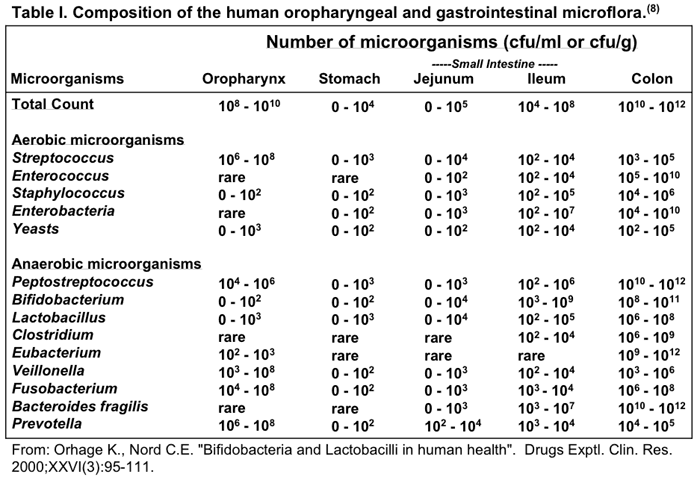From my understanding, ME and CFS are two completely different things, whereas ME is a specific diagnosable disorder and CFS is a label slapped on to everyone who is fatigued/exhausted/feels like garbage for no diagnosable reason. It's essentially a diagnosis given after a bunch of other possible causes have been ruled out.
Additionally, most people who have CFS don't have an official diagnosis, and even if they did, it's essentially meaningless (in terms of deciding on a therapeutical approach) because there can be so many different causes and so many different reactions to therapies that it's not a one-size-fits-all approach in dealing with CFS. Therefore, "having" it or "not having" doesn't really clarify anything.
I personally do have a neurological diagnosis, however, my symptoms are really strange since I have very little in terms of neurological/physical symptoms. The bulk of my issues stem from an overwhelming, paralyzing-at-times fatigue. I don't identify as having CFS, because I don't personally believe that CFS is one specific thing, but I do have chronic fatigue.
I'm curious to know how your suggestions might change depending on whether I say I have CFS or whether I say I don't but that I feel exhausted and crappy all the time for no good reason.
I, in general, seem to be immune to most things, which is extremely confusing. For example, I have a prescription for amphetamine for my fatigue (which I rarely use) and after spontaneously developing low blood pressure I decided to see if taking it could at least temporarily raise my BP so I could not be on the verge of passing out all day. For some reason amphetamine doesn't affect my heart rate or blood pressure, which I continuously monitored. I can also drink tons of coffee and never feel any stimulation, then stop drinking it and not have any withdrawal symptoms. I also seem to not get adrenaline reactions to situations where I should - like moments before a car crash. My car can hit black ice, with me swerving all over, trying to regain control, and I'm cool as a cucumber. This is certainly not normal.
I actually seem to have the opposite problem that most people here have; many of you guys have a negative physical overreaction to small doses of things, while I have little to no reactions to anything. It might seem better, but I'd say it's equally as frustrating for different reasons. Instead of questioning whether a physical reaction is a herx reaction or not, I have no reactions of any kind to guide me, so I never know when to stick with something or give up on it.
I wonder if somehow it's inadvertently feeding the wrong bacteria. This reminds me of some studies I read where scientists swapped the gut flora from obese mice and it caused healthy mice to become obese without any changes in their food/routine. Unless your food/activity levels changed without you realizing, I wonder what else could cause this, since RS supposedly can't contribute calories or affect insulin since it's indigestible.
Yup


